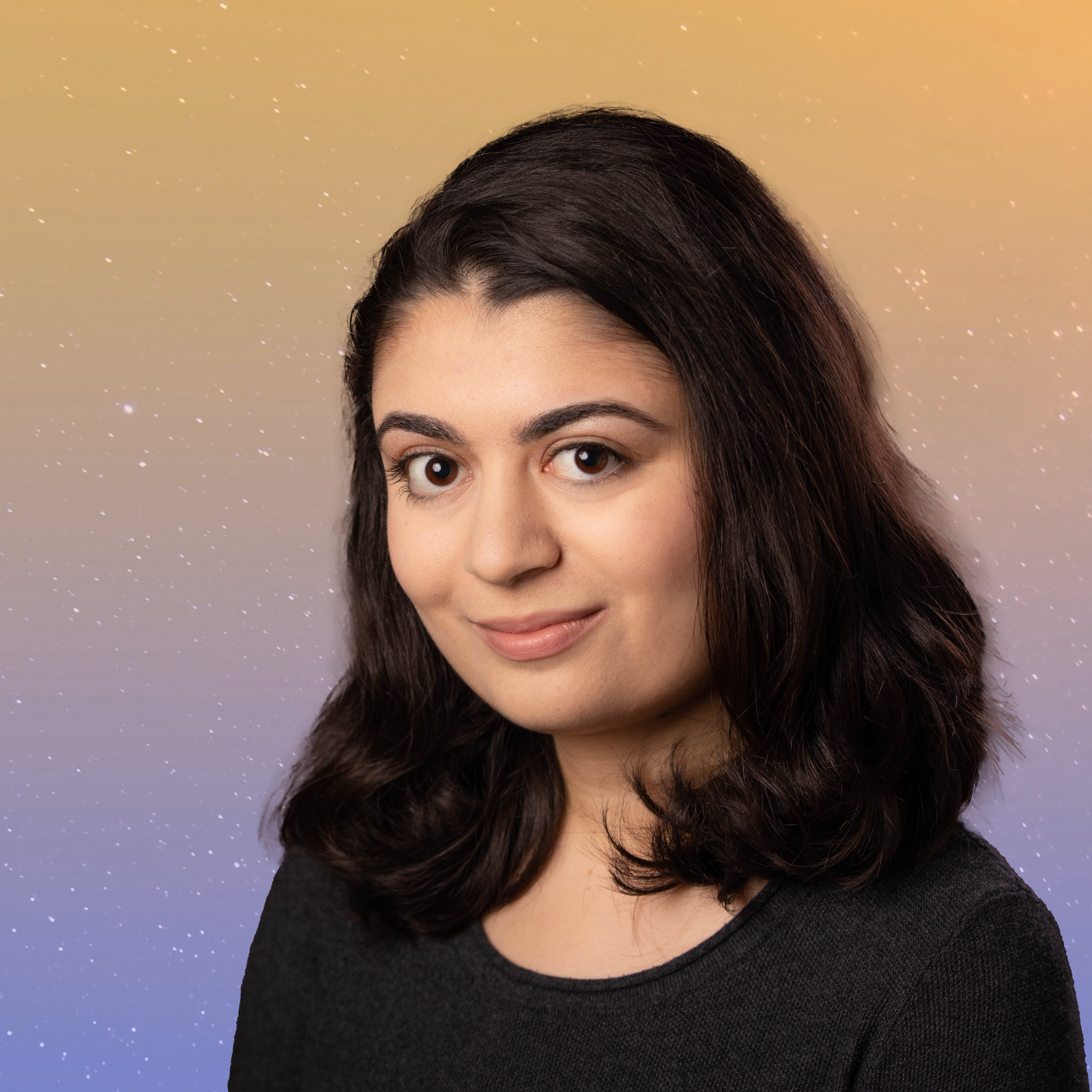This summer, I will be a first-time counselor at Camp Be’chol Lashon, a Jewish leadership camp that teaches about global Jewish diversity. CBL represents a place where I can fully be myself, something I was not always able to do.
Growing up in Boulder, Colorado, I was never really Chinese and Jewish. I was either Chinese or Jewish. In Boulder, it was easy to be Jewish since most of my friends were Jewish. I went to Hebrew school and summer camp. I was in a Jewish youth group, NFTY Missouri Valley. I attended synagogue and celebrated holidays. I would say I had a pretty typical American Jewish upbringing. The only thing that made me stand out was that my mother is Chinese and my father is Jewish.
Throughout elementary and middle school, I identified as white and Jewish. It was easier this way. I was the only one who was both Chinese and Jewish, but I didn’t want to be perceived as the weird Chinese girl. Still, I never completely fit in with the white kids.
After my mother and father divorced when I was two years old, I spent half the week with each of them. Splitting time between both households, I found myself able to hold only one of my identities at a time. At my father’s I was just like any other Jewish kid. At my mother’s I was like any other Chinese girl. I didn’t feel like I could be both. I resisted most of my mother’s efforts to foster my Chinese identity, but that didn’t keep her from trying.
My mother tried really hard to shape my Chinese identity when I was growing up. She cooked traditional Chinese food, and we often made homemade dumplings together. She mostly spoke to me in Chinese. I attended Chinese language classes after school and frequently spoke to my family in China. We participated in Chinese cultural events in Boulder, but even with all the support I got from my mother and the love I had for my family and our culture, it was still hard for me to identify as Chinese.
I gave my mother such a hard time about going to China to visit relatives when I was 13. It was summer and I really wanted to spend time with my friends. I begged her to let me stay home, but she wouldn’t relent. I’m glad she didn’t. I appreciated how warm and welcoming my family was to me, even though I wasn’t thrilled about being there. Learning about my family’s history gave me a new appreciation for my culture, and being immersed in the culture made me feel more comfortable with my Chinese identity. But I couldn’t shake this feeling that people were looking at me like an outsider. People would stop in the street to gawk at me. I remember several people stopped me to ask: “What are you?”
For so long I identified only as being white, but that visit to China began to shift how I saw myself. When I got to the University of Kansas, I expected it to reflect the state of Kansas, which is overwhelmingly white. While the university is a predominantly white institution, I saw the most diversity I had ever seen in my life there.
I began to notice the intersectionality of so many different identities. It was the first time I felt that I was surrounded by people who may have a story similar to mine. Seeing so much diversity of experience, race, ethnicity, and religion helped me embrace my own intersectional narrative.
I’m currently pursuing a degree in Women and Gender Studies with a focus on American politics and social justice. My studies are helping me recognize the value of my dual identity and to fully embrace it. I have also learned how to navigate many different spaces. I am beginning to develop confidence in myself. I am not just Chinese or Jewish; I’m Chinese AND Jewish, and I can embrace both as equally important in my life.
That’s one of the reasons why I’m really looking forward to being a counselor at Camp Be’chol Lashon this summer. As a kid who loved summer camp, I’m thrilled to be able to return to an environment where I can thrive. I can’t wait to see how diverse young people are embracing their “Jewish&” identities in a space where they won’t be the only ones like themselves. I’m excited to hear the campers’ stories, help them learn from my experience, and help them grow into leaders. Most of all, I’m thankful for the opportunity to engage in a camp environment that celebrates diversity.
Registration for Camp Be’chol Lashon is still open, and camperships are still available. Please visit CampBecholLashon.org to learn more.







